South Korean activists criticize Seoul for banning rallies over Japan’s Fukushima water release
A South Korean activist has criticized Seoul’s attempt to ban rallies following the latest protests in the country over Japan’s release of wastewater from the Fukushima nuclear plant in to the sea, accusing President Yoon Suk-yeol of suppressing the human right to assemble and demonstrate.
“The government is now attempting to revise the enforcement ordinance to create another legal basis to ban rallies. So freedom of assembly is banned right in front of the presidential office where the president who is shouting for freedom is working,” Lang Hee told Press TV in Seoul.
This came after South Korean police arrested 16 student demonstrators for entering a building housing the Japanese embassy in Seoul and allegedly abused some of the arrested physically.
“The police suppressed the sit-in at the embassy and tried to silence the voice of dissatisfaction even though they know that 85% of the people are against the release of the contaminated Fukushima water,” Kim Jun-Kyum from Progressivestudents.net, told Press TV's Frank Smith.
“The violence of the arrest is due to the fact that this administration wants to severely punish all demonstrators including the cargo union and various labor rallies,” said Lee Min-Ji, another activist.
On August 24, Japan began releasing radioactive treated water from the crippled Fukushima Daiichi nuclear power plant into the Pacific Ocean.
The move resulted in a huge backlash across Asia and around the world.
Some 1.33 million cubic meters of groundwater, rainwater, and water used for cooling have accumulated at the Fukushima site, which is being decommissioned after several reactors went into meltdown following the 2011 tsunami that badly damaged the plant.
Japan’s plan to dump the polluted water into the sea was approved two years ago by the Japanese government as a crucial step to decommissioning the power plant and ending the last chapter of one of the world's worst nuclear disasters.
Tokyo has said that dumping the water is safe and Tokyo Electric Power Co. (Tepco), which operated the nuclear power plant, reassured that the sea water will be checked during the course to make sure everything is alright with the natural environment.
Back in July, the International Atomic Energy Agency (IAEA) said that a two-year review showed Japan's emissions program would have negligible impacts on the environment.
However, the decision has sparked concerns among neighboring countries in the region, with China and South Korea already stepping up radiation tests of food imports from Japan.
Iran widens food subsidy coverage amid rising living costs
Gen. Soleimani thwarted US plots in West Asia region, Hezbollah chief says
VIDEO | Thousands gather in Baghdad to honor Soleimani and al Muhandis
Israel abducted 42 Palestinian journalists, including 8 women, in 2025
Iran’s steel output up 9.2% y/y to 3.4 million mt in November
VIDEO | Venezuelan protesters demand US release President Maduro
Trump claims US will ‘run’ Venezuela in interim after kidnapping of Maduro
Trump says US will be ‘very strongly involved’ in Venezuela’s oil industry


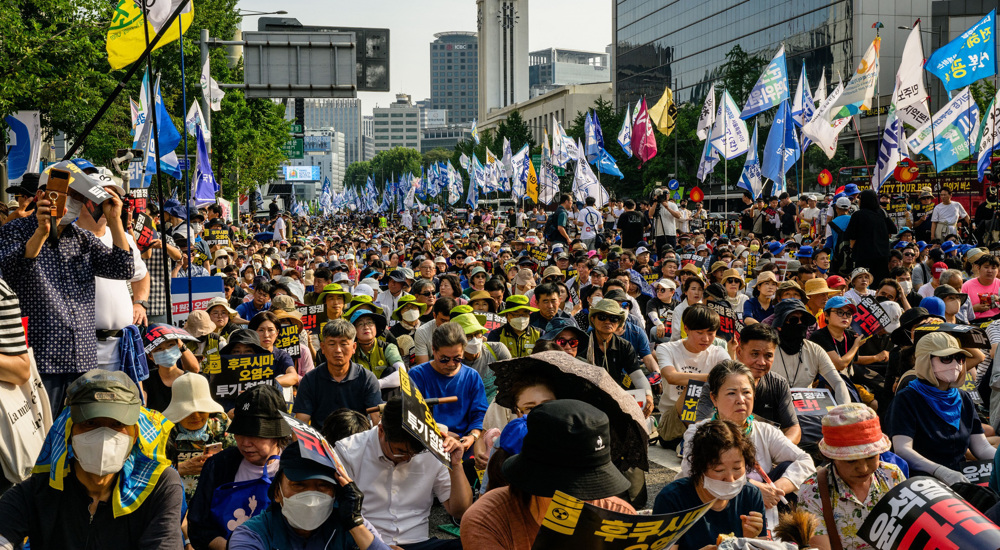
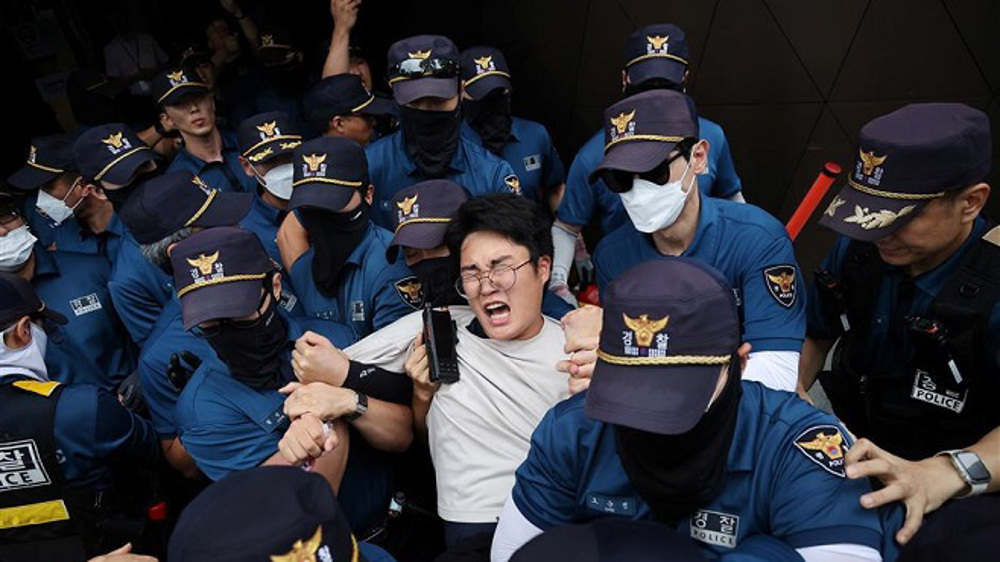
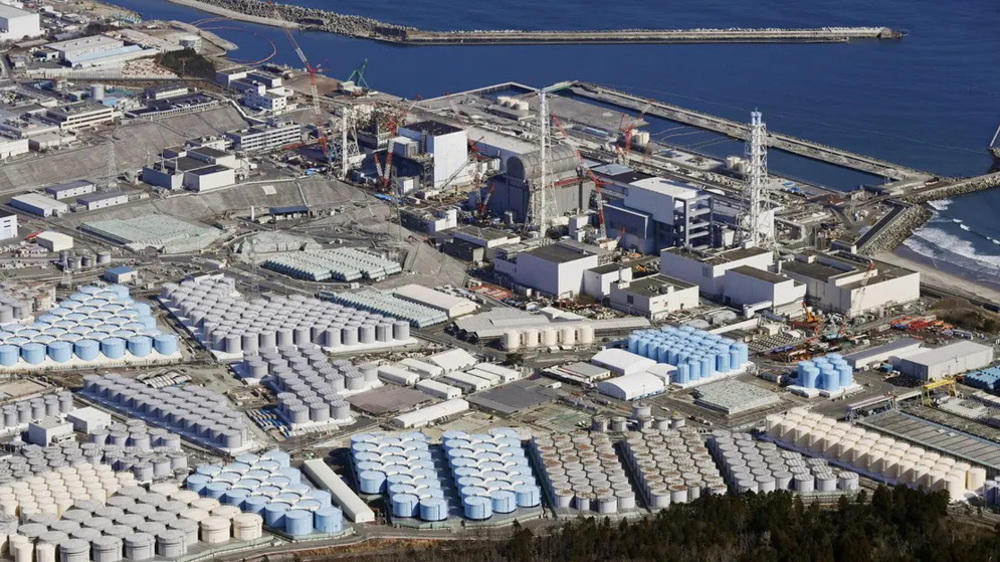
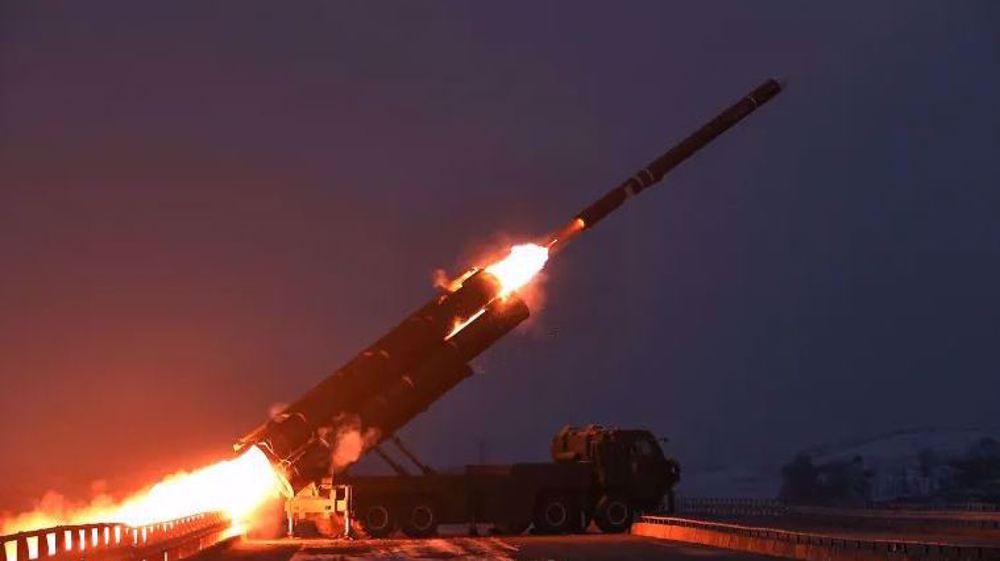
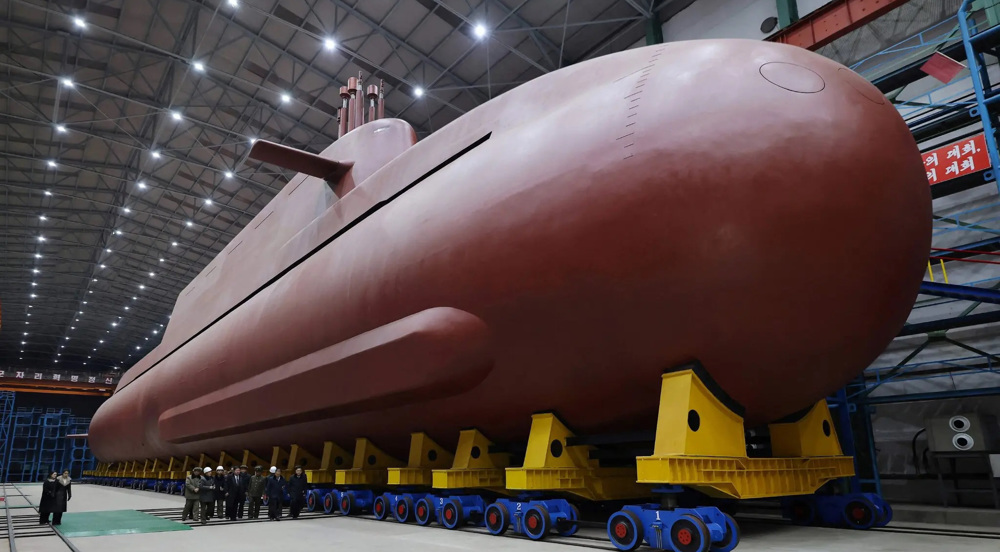
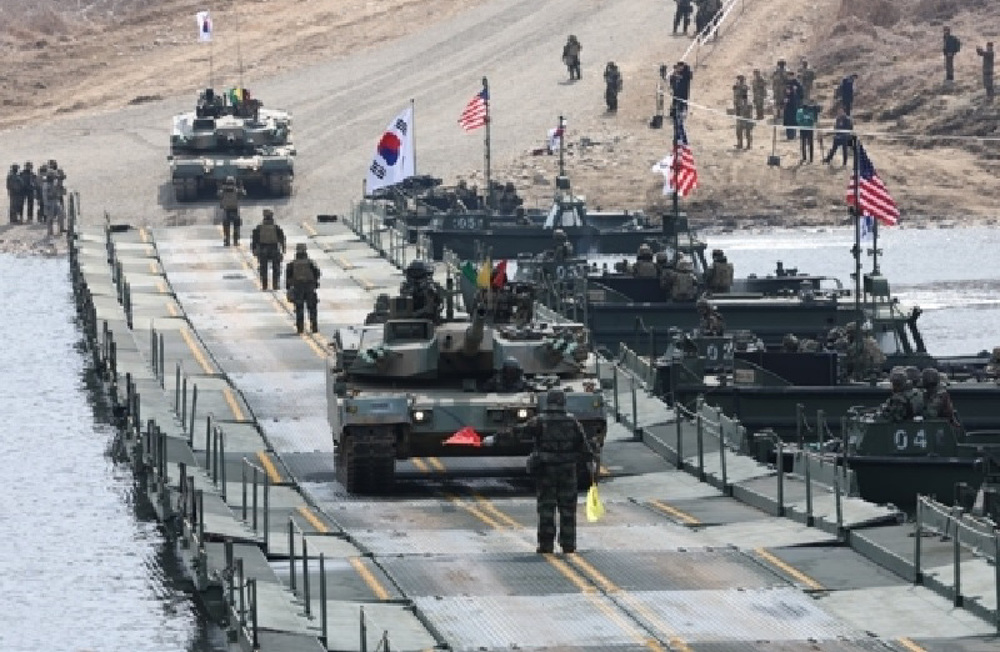



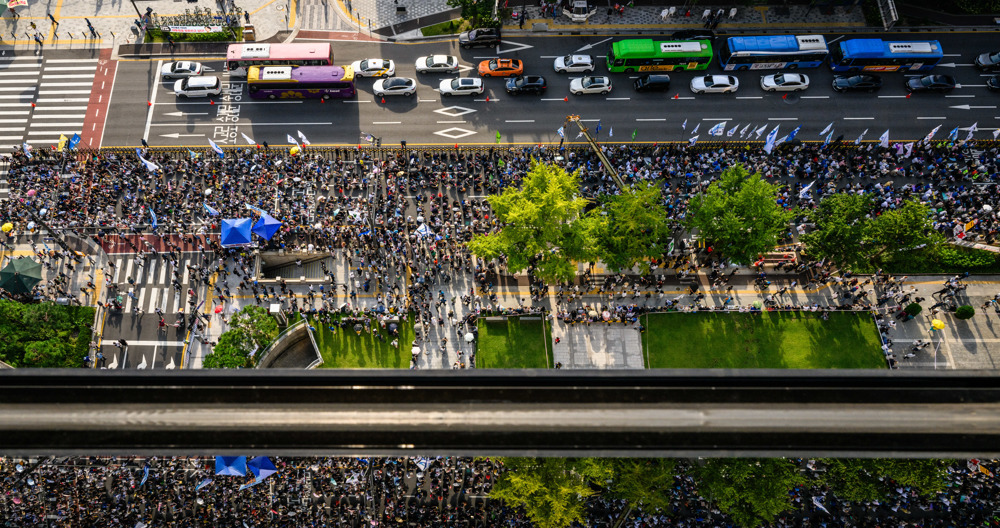
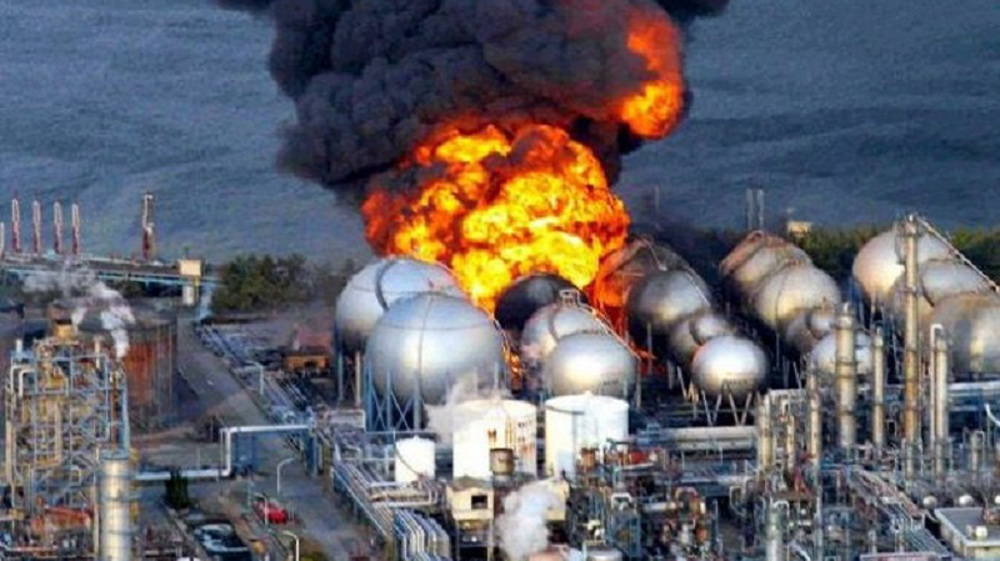

 This makes it easy to access the Press TV website
This makes it easy to access the Press TV website